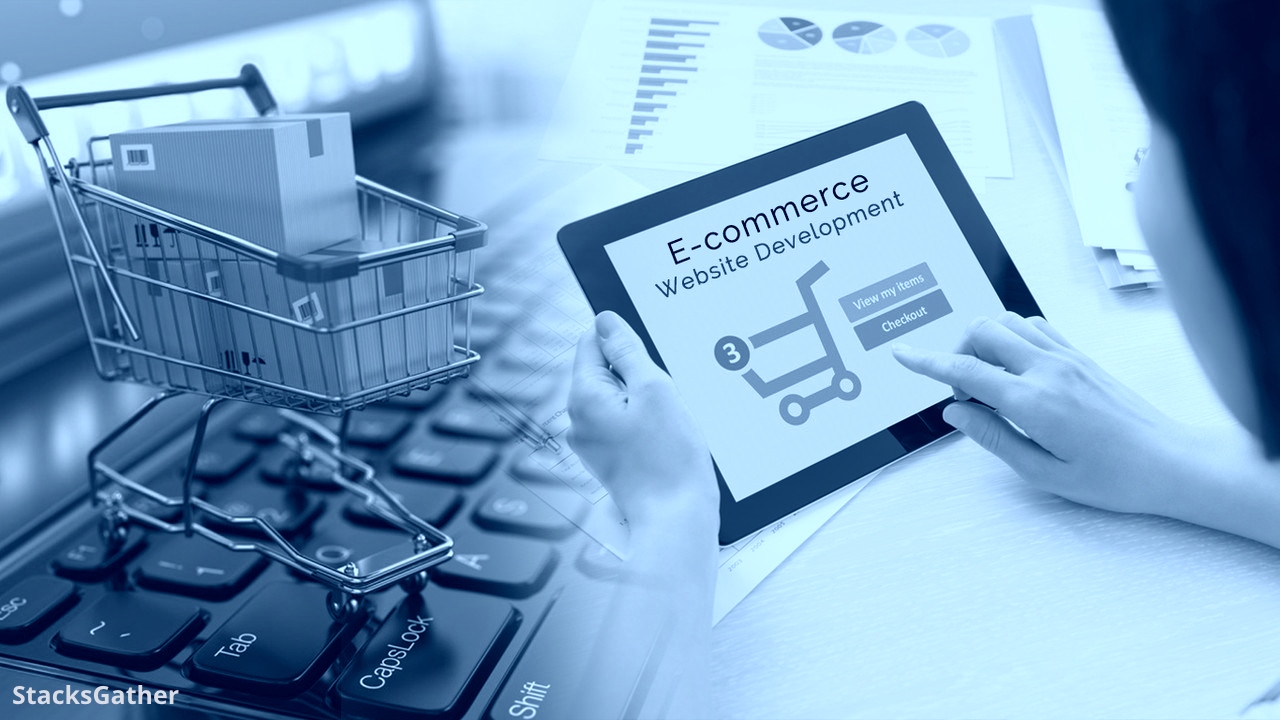E-commerce Platforms
The rapid growth of online shopping has made e-commerce platforms an essential tool for businesses of all sizes. These platforms provide the necessary infrastructure to set up, manage, and grow an online store. This blog will explore the key features, popular platforms, and factors to consider when choosing an e-commerce platform.
Techno solution

Table of Contents
- Introduction
- What is an E-commerce Platform?
- Key Features to Look for in an E-commerce Platform
- User-Friendly Interface
- Customization Options
- Payment Gateway Integration
- Security Features
- Mobile Responsiveness
- SEO Capabilities
- Popular E-commerce Platforms
- Shopify
- WooCommerce
- BigCommerce
- Magento
- Wix eCommerce
- How to Choose the Right E-commerce Platform for Your Business
- Assessing Your Business Needs
- Budget Considerations
- Scalability
- Customer Support
- Case Studies of Successful E-commerce Businesses
- Future Trends in E-commerce Platforms
- Conclusion
- References
1. Introduction
The rapid growth of online shopping has made e-commerce platforms an essential tool for businesses of all sizes. These platforms provide the necessary infrastructure to set up, manage, and grow an online store. This blog will explore the key features, popular platforms, and factors to consider when choosing an e-commerce platform.
2. What is an E-commerce Platform?
An e-commerce platform is a software application that allows businesses to create online stores and manage their sales, marketing, and operations. These platforms provide a range of tools to help businesses sell products and services online, streamline processes, and enhance the customer experience.
3. Key Features to Look for in an E-commerce Platform
User-Friendly Interface
A user-friendly interface ensures that both you and your customers can easily navigate the online store. It simplifies the process of adding products, managing orders, and updating content.
Customization Options
Customization options allow you to tailor your online store to match your brand's identity. This includes design templates, layout options, and the ability to add custom features.
Payment Gateway Integration
Integration with various payment gateways ensures that your customers have a seamless checkout experience. Popular payment gateways include PayPal, Stripe, and Square.
Security Features
Robust security features are crucial to protect sensitive customer information and prevent fraud. Look for platforms that offer SSL certificates, data encryption, and compliance with PCI-DSS standards.
Mobile Responsiveness
With the increasing use of mobile devices for online shopping, a mobile-responsive design is essential. This ensures that your store looks and functions well on smartphones and tablets.
SEO Capabilities
SEO capabilities help improve your store's visibility in search engine results. Features such as customizable URLs, meta tags, and sitemap generation are important for driving organic traffic to your site.
4. Popular E-commerce Platforms
Shopify
Shopify is a leading e-commerce platform known for its ease of use and comprehensive features. It offers a range of pricing plans, making it suitable for businesses of all sizes.
WooCommerce
WooCommerce is a powerful plugin for WordPress, providing a flexible and customizable solution for online stores. It is ideal for businesses already using WordPress.
BigCommerce
BigCommerce offers a robust platform with advanced features and scalability. It is suitable for growing businesses looking for extensive customization options and integration capabilities.
Magento
Magento is an open-source platform known for its flexibility and scalability. It is best suited for larger businesses with specific needs and the resources to manage a more complex platform.
Wix eCommerce
Wix eCommerce is a user-friendly platform that provides an intuitive drag-and-drop interface. It is ideal for small to medium-sized businesses looking for an easy setup and management process.
5. How to Choose the Right E-commerce Platform for Your Business
Assessing Your Business Needs
Consider your business's specific needs, such as the type of products you sell, your target audience, and your sales volume. This will help you identify the features and functionalities you require.
Budget Considerations
Evaluate the costs associated with each platform, including subscription fees, transaction fees, and additional costs for plugins or extensions. Choose a platform that fits within your budget.
Scalability
Ensure that the platform can scale with your business as it grows. This includes handling increased traffic, expanding product lines, and integrating with other business tools.
Customer Support
Reliable customer support is crucial for resolving issues and ensuring smooth operations. Look for platforms that offer 24/7 support through various channels, such as live chat, phone, and email.
6. Case Studies of Successful E-commerce Businesses
Highlighting case studies of businesses that have thrived using specific e-commerce platforms can provide insights and inspiration. These case studies can showcase the unique features and benefits of each platform.
7. Future Trends in E-commerce Platforms
As technology evolves, e-commerce platforms are likely to incorporate advanced features such as AI-powered personalization, augmented reality shopping experiences, and more robust analytics. Staying informed about these trends can help businesses remain competitive.
8. Conclusion
Choosing the right e-commerce platform is crucial for the success of your online store. By understanding the key features, evaluating popular platforms, and considering your business's specific needs, you can make an informed decision that will support your growth and success.
9. References
For more detailed information on e-commerce platforms, you can visit the following resources:
Selecting the right e-commerce platform can significantly impact your business's online success. This comprehensive guide aims to provide you with the necessary insights to make an informed decision and build a thriving online store.